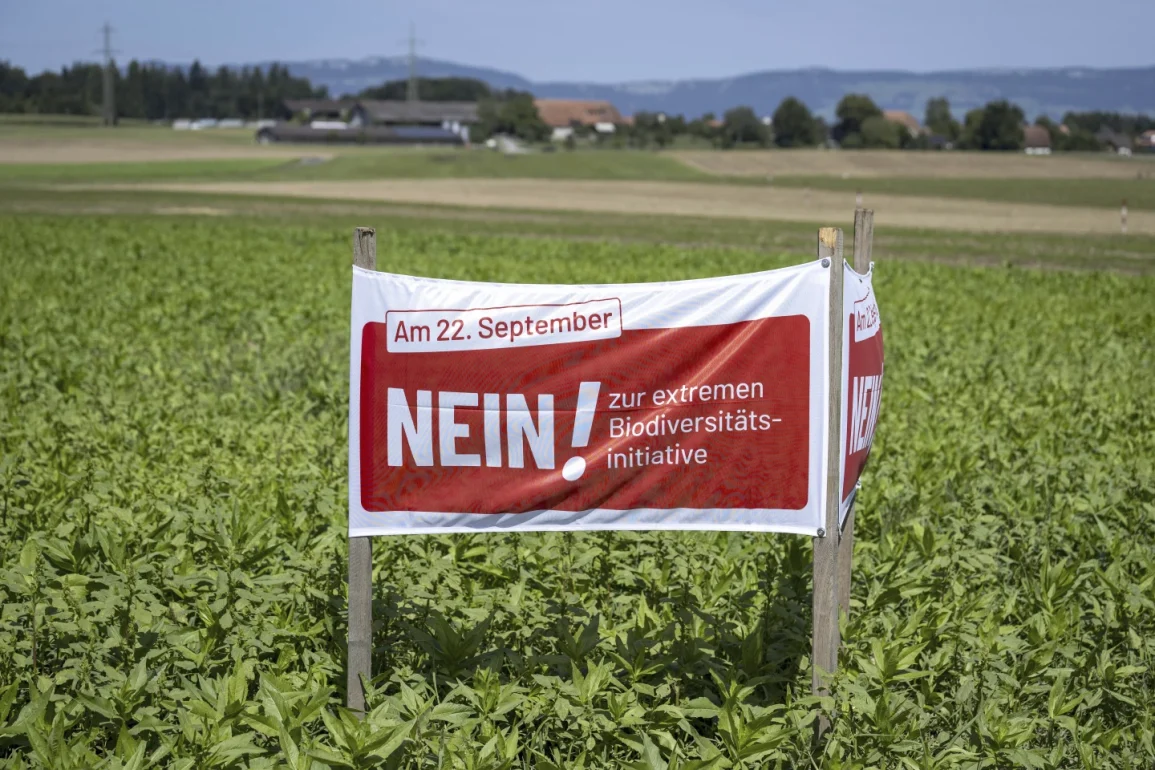Swiss voters have rejected a referendum proposal that would have required authorities to increase efforts to protect natural habitats from pollution and development. The biodiversity initiative, which aimed to expand conservation areas beyond those already protected, was met with resistance. Despite concerns over global biodiversity loss, more than 60% of voters opposed the proposal, according to early results.
The initiative has drawn the attention of environmentalists around the world, given the increasing focus on protecting ecosystems and endangered species. Switzerland, known for its pristine lakes and mountainous landscapes, was seen as an important testing ground for such efforts. However, the proposal faced significant opposition, with many voters expressing concerns about its potential impact on development.

Switzerland’s Green Party, a key supporter of the initiative, expressed disappointment in the outcome, warning that the country still faces significant threats to biodiversity. They emphasized that one-third of species and half of all habitats in Switzerland remain under threat, and called for continued efforts to address these environmental challenges. The party highlighted that the problem of biodiversity loss would not disappear despite the vote’s outcome.
Opponents of the measure, including key industry groups like the farming lobby, argued that the initiative was too extreme and could negatively affect businesses and economic growth. They also pointed out that Switzerland already has laws in place to address conservation needs. In the weeks leading up to the referendum, initial public support for the proposal waned as opposition groups rallied against it, citing the potential risks to business development.
This vote comes after a ruling by Europe’s top human rights court in April, which stated that Switzerland was not doing enough to address climate change. Despite this ruling, the Swiss government has defended its environmental policies, maintaining that it balances conservation with development needs. The rejection of the biodiversity initiative reflects an ongoing debate in Switzerland over how to balance environmental protection with economic interests.

